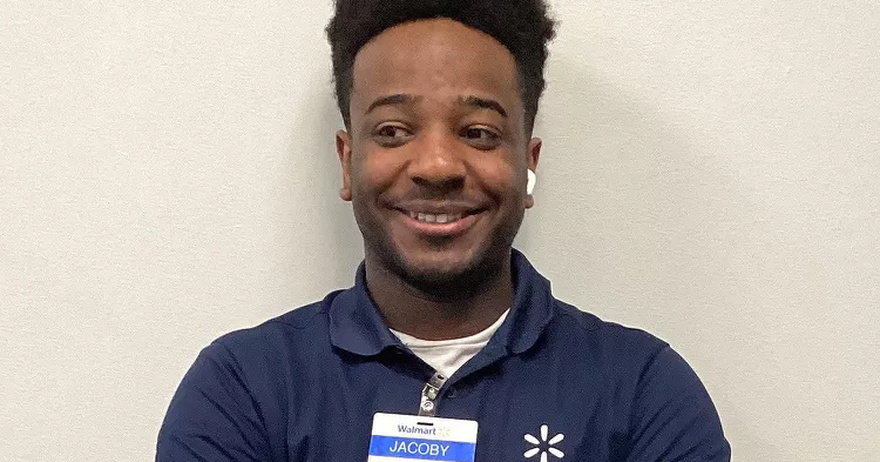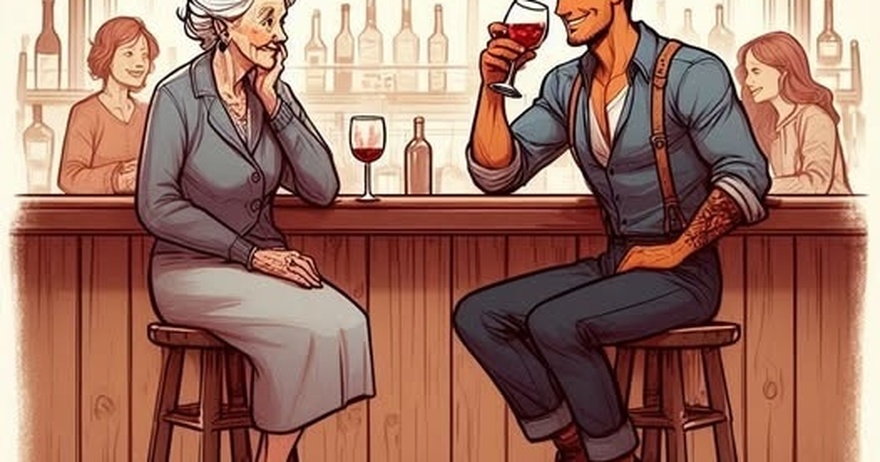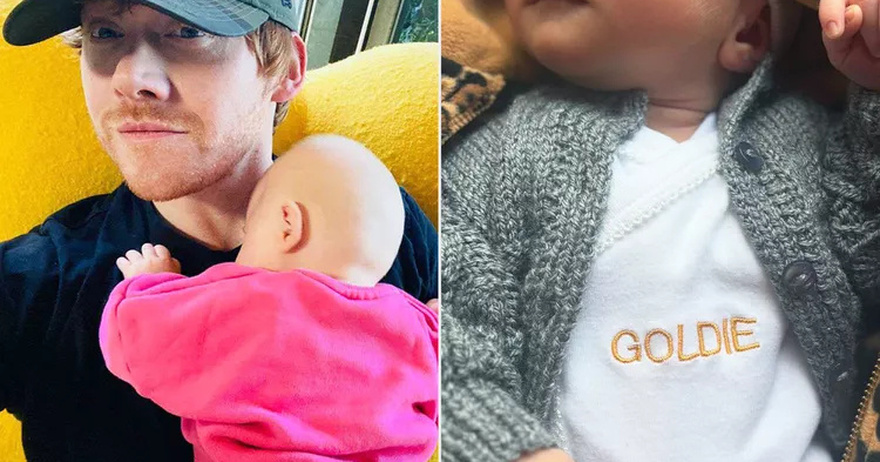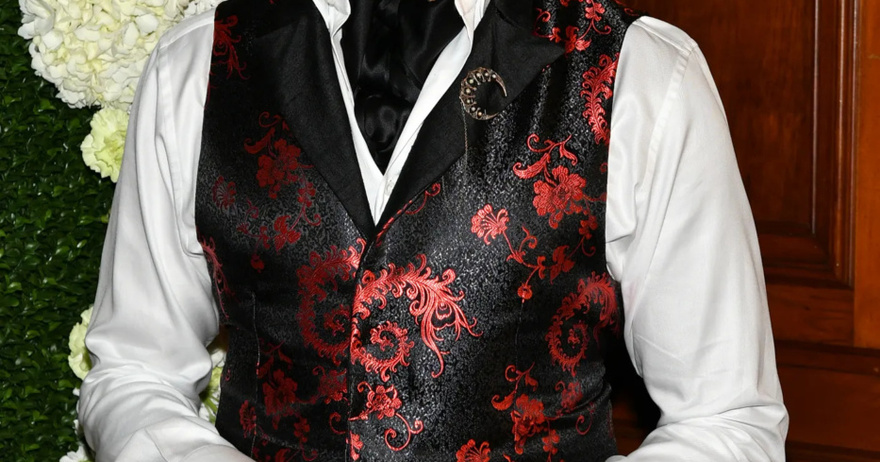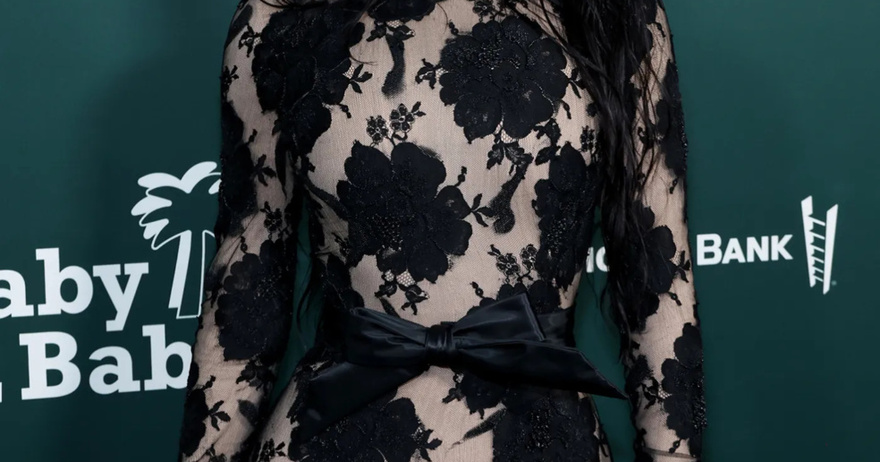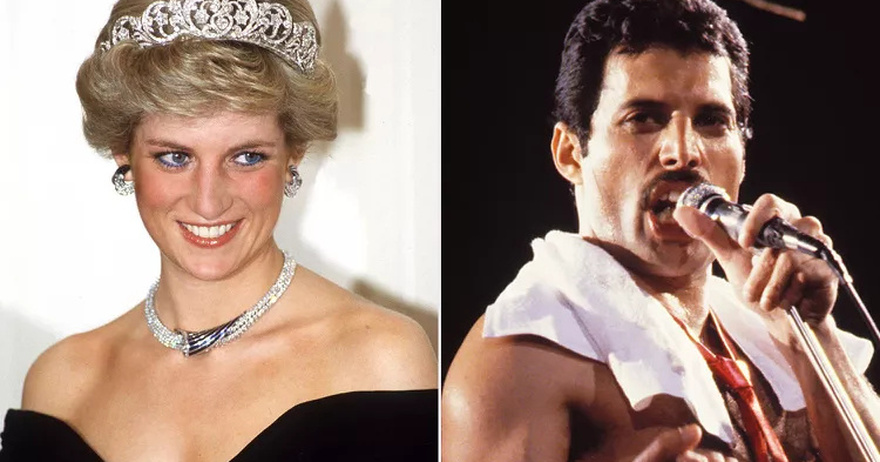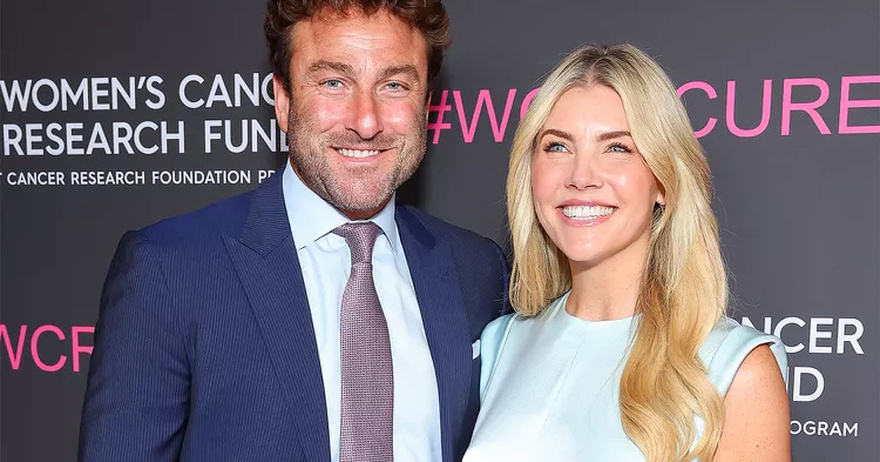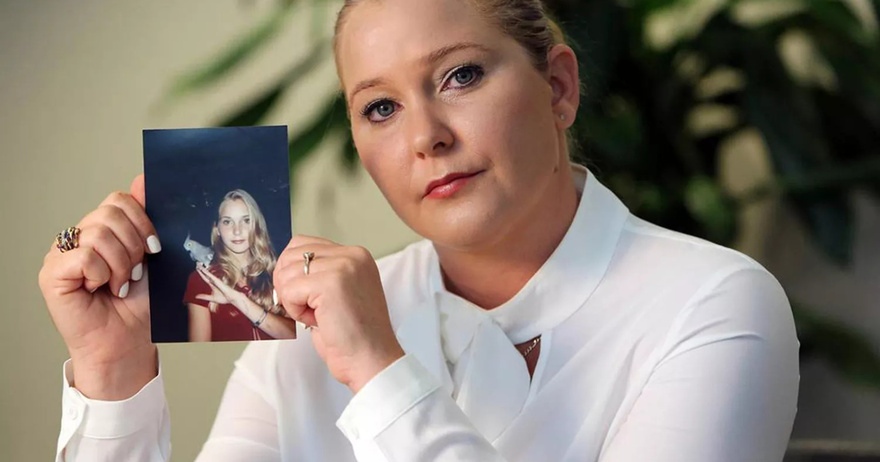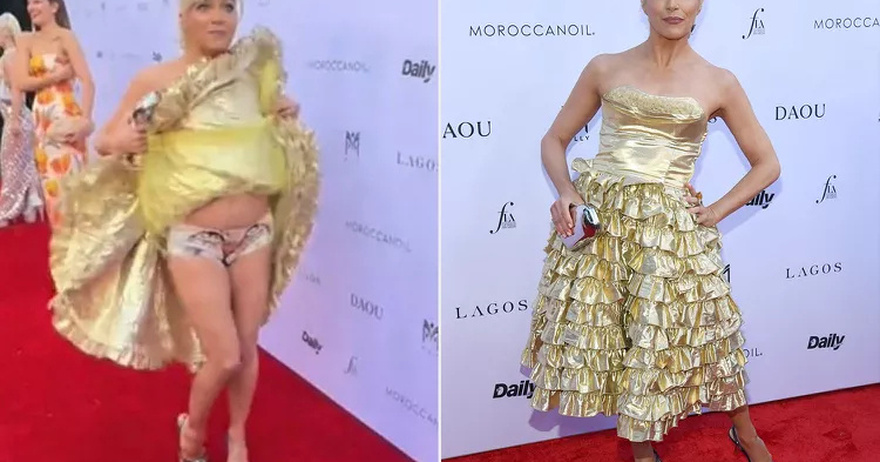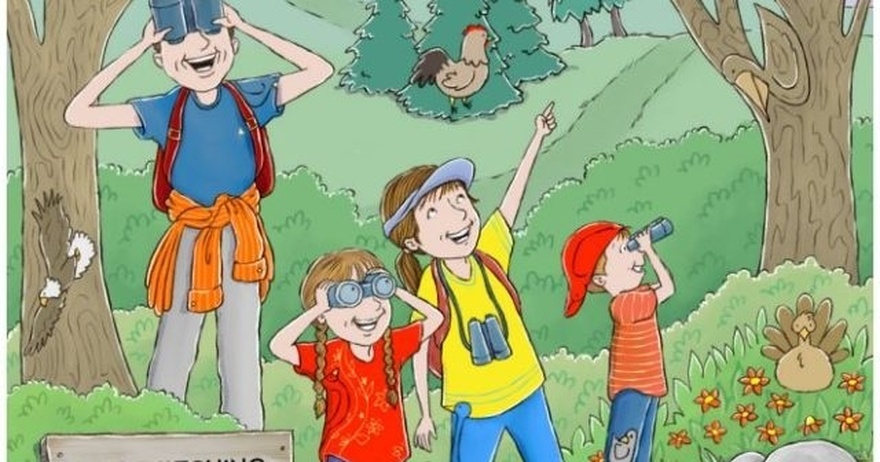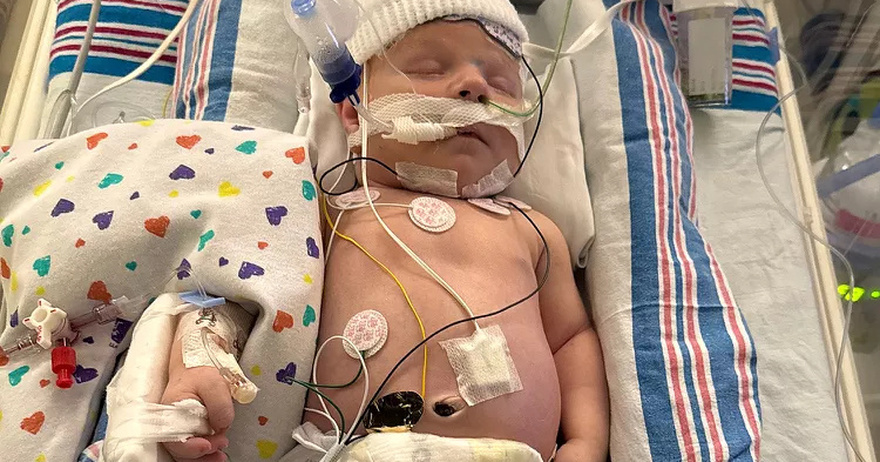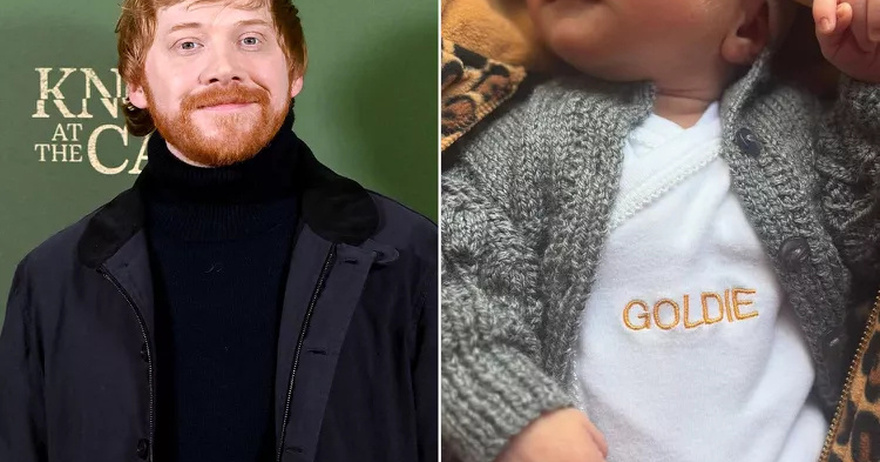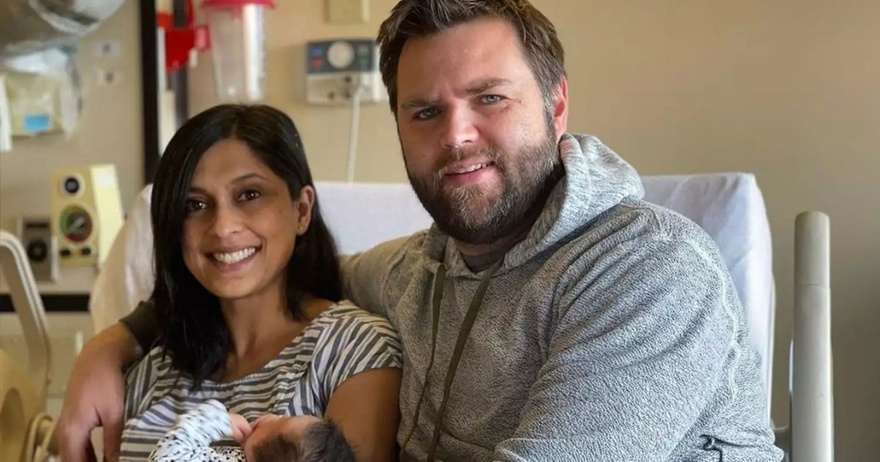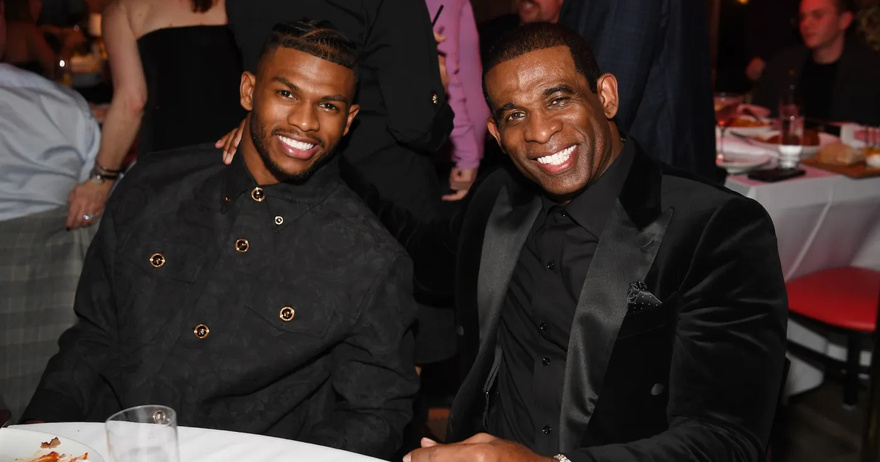“You may get 5, 6, 7 no’s, but just keep going because I promise you you’re going to get that yes,” Jacoby Brown tells PEOPLE exclusively
Jacoby Brown, a legally blind employee at a Walmart store in Arkansas, says he sees himself as an advocate for the disabled community
“We face a lot of discrimination,” he tells PEOPLE exclusively. “A lot of people don’t hire us because they see us as a liability”
He hopes to finish college and become a social worker to help those who are disabled find jobs
An overnight stocker at a Walmart store in Little Rock, Ark., is opening up about what his life is like as a legally blind man, and at the same time, hoping to inspire others with disabilities.
Jacoby Brown, 24, was born with four different eye conditions — optic nerve atrophy, nystagmus, exotropia, hyperopia astigmatism — and has a visual acuity of 20/200, meaning that what others see from 200 feet away, he needs to be 20 feet away. Brown admits that it’s made life difficult sometimes, especially finding work.
“A lot of the people that I come across, they’re not nice,” he tells PEOPLE exclusively. “If you have a disability out there, you know this, a lot of people that we come across, they are not nice.”
So when Brown applied for a job at Walmart in 2023, he decided to share with Brenda Draper, the store’s “people lead,” about his disability. Thankfully, Draper gave him a chance.
“I started off here as a zoner (an employee who cleans up an area or zone in the store),” he adds. “That was just them accommodating me because of my legal blindness. And then, after a few months, I started stocking, which was really scary, but I kind of got the hang of it.”
Since then, Brown has documented his journey on his TikTok account as “theblindguy_” — sharing his daily struggles that he’s faced due to his condition, though usually with an infectious dedication. He’s had that same upbeat attitude for years.
Brown says he started creating videos on Snapchat when he was at Henderson State University, but people would bully him. He decided to harness that negativity, naming his account after one of the labels he was called to show people, “You call me this, but I don’t care.”
“I used to make funny videos on my Snapchat, and a lot of people would tell me … ‘Oh, you should create a TikTok,’ and I would never really get on TikTok,” he adds. “Then I finally got on a little bit into COVID because I got bored, and I was just like, ‘Oh, well, maybe I’ll get on.’ … But I wasn’t really posting. And then I started to post. And then my videos kind [of didn’t] do well.”
But in November 2024, Brown explains that all changed when he created the since-deleted TikTok while on break from one of his 10 p.m. to 7 a.m. shifts, discussing the need for people with disabilities to put themselves “out there.”
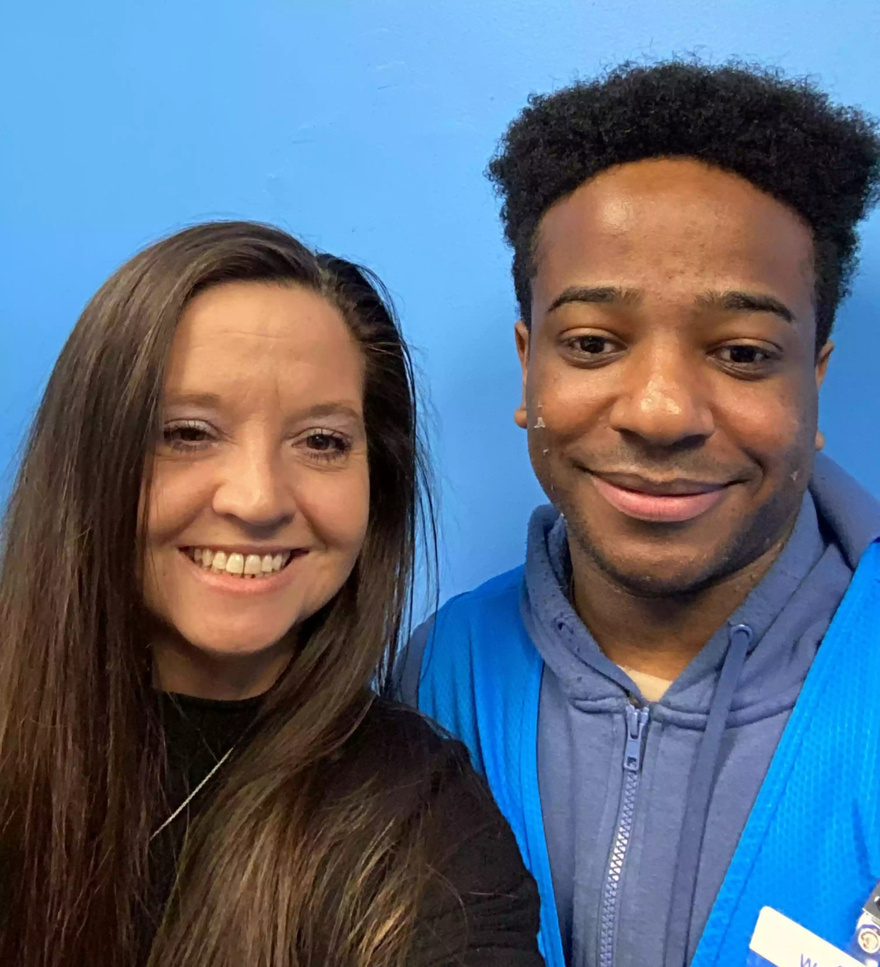
“I was walking through the fitting room, and I was just like, ‘Well, I want to create a TikTok about me being legally blind and an overnight stocker,’ ” he recalls. “I didn’t even know that the video was going to go viral, but it did.”
He says he didn’t expect all the attention, with the post amassing over 20,000 views in two hours. After a week and a half, he says it had over 300,000 views. Walmart’s executive vice president and chief people officer even shared the video on her LinkedIn, praising him for this “hard work.”
“The comments that I was getting and all the DMs, I was shocked,” Brown recalls. “I knew that I would probably inspire people within my community, but to inspire other people who aren’t disabled as well, it made me really happy. It brought me a lot of joy.”
Brown now uses his account to discuss issues he and members of his community are facing, including joblessness and affordability issues.
“We face a lot of discrimination,” Brown says. “A lot of people don’t hire us because they see us as a liability.” He argues that people with disabilities are often taken advantage of, too.
“We are scared to ask for things,” he says. “I noticed that a lot when it comes to getting rides and things like that, people will try to take advantage or just because they know that we can’t do it, we can’t do it on our own or we’ll never be able to do it.”
Brown, who left college during his senior year due to some mental health issues, has previously worked at Chick-fil-A and several factories. He admits he has had “some challenges at every job.”

“I would say that the difference about this job is that I feel, like I said, ‘Brenda, I look at this, [it has] always been different,’ ” he adds.
Draper tells PEOPLE that Brown has been eager to work since his initial interview. And though there were some “bumps” along the way, she says he has made incredible progress.
“I’m really excited that he’s made it that long because even people without disabilities only make it a few weeks or a few months for various reasons,” she says. “For him to still be here and still enjoy what he does, that’s exciting.”
For the first time, Brown says he feels he’s working at a place where he belongs. “Although it takes me a little bit longer than my peers to complete my task and things like that, they don’t make me feel bad about it,” he adds.
Beyond his social media platform, he shares that he wants to go back to college to become a social worker to work with people with disabilities and help them find jobs.
“They’re really scared to just put themselves out there because they’re scared of people being mean and things like that,” he says. “But I just say, ‘You may get 5, 6, 7 no’s, but just keep going because I promise you you’re going to get that yes.’ ”
